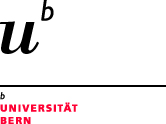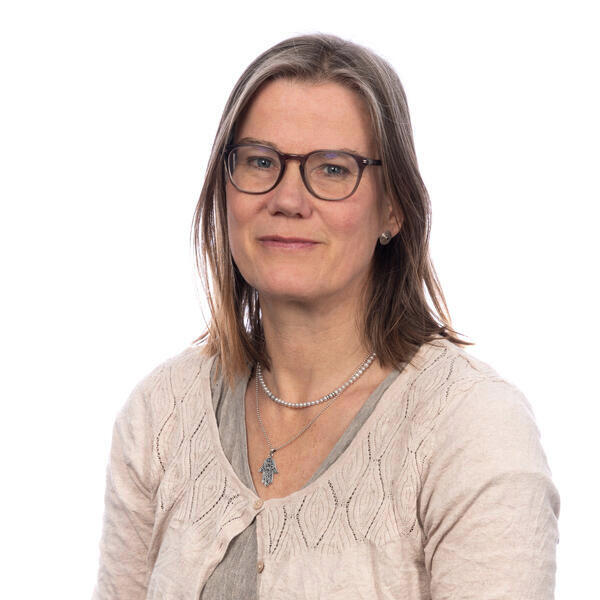Exactly to the day that communication training with SPs was due to begin for 6th year students, all face-to-face events at the University of Bern were cancelled due to the pandemic. In the short term, we had to cancel all SP appointments. The IML staff switched to home working. It was the hour of video conferencing. Conferences and meetings were held online.
The idea of carrying out communication training via video conference quickly came up. The idea was to offer existing teaching concepts as an online event without significant didactic amendments.
Discussing this with the SPs indicated that they were generally positive about trying to do the training online. In repeated online sessions, the use of the video conference system and its use was tested with each of the individual SPs in their home environment.
At the same time, a survey among the students showed that around a quarter (more than 60) of the 240 sixth year students were interested in completing the communication training online and on a voluntary basis. The communication training could not be declared mandatory as not an insignificant number of the students were already working in hospitals at this time. After the SPs had been instructed and technically equipped, a Doodle poll was set up to find an appointment. The students were able to use the Doodle poll to book the dates that suited them. At the selected time, the students sent a video conference invitation together with the weblink to the SPs.
In total, more than 140 online calls were conducted. A subsequent online survey of both the SPs and the students showed that everyone was pleasantly surprised at how well the communication training worked, even though they were not in the same room. Alongside negative points such as the reduced perception of non-verbal cues, positive reports regarding the greater flexibility in terms of time or the clearer focus on the conversation was reported.
The communication training, as well as the closing sessions for the internships "Interprofessional learning with nursing and medical students" for the 1st and 2nd year students and the EKG course in the 6th year of study were similarly affected by the cessation of classroom instruction. These too were successfully switched to University video conference system (Zoom) with largely unchanged didactic approaches.
As the corona pandemic will continue probably for a while, it cannot be ruled out that these courses will also have to be conducted online in the autumn/fall semester. If this happens, we will benefit from the experience gained in the spring semester.

